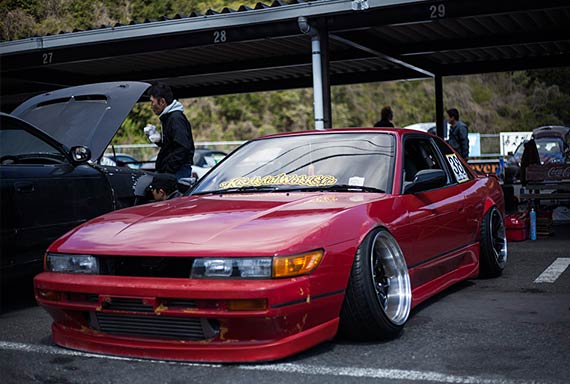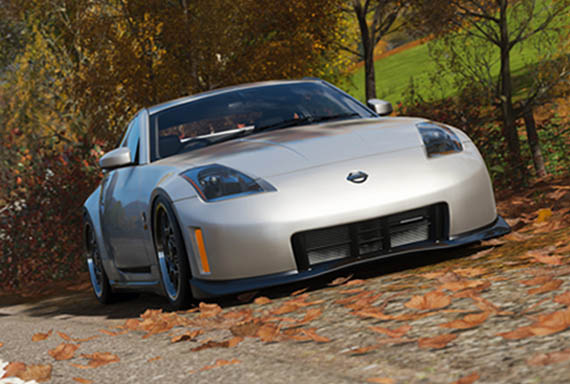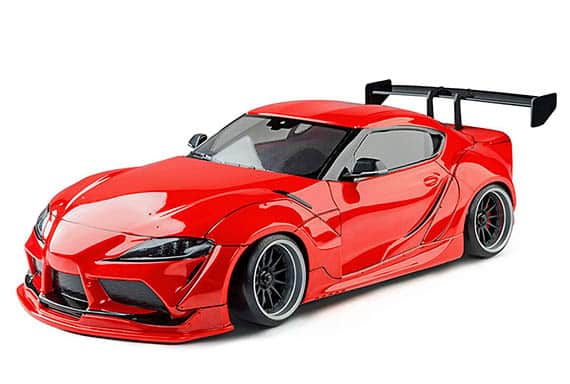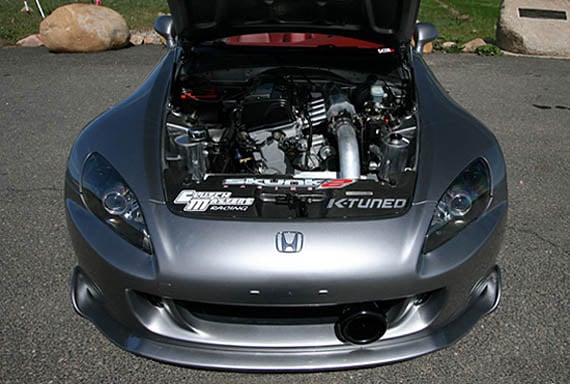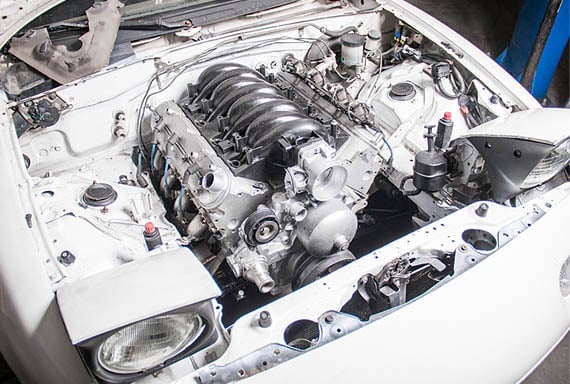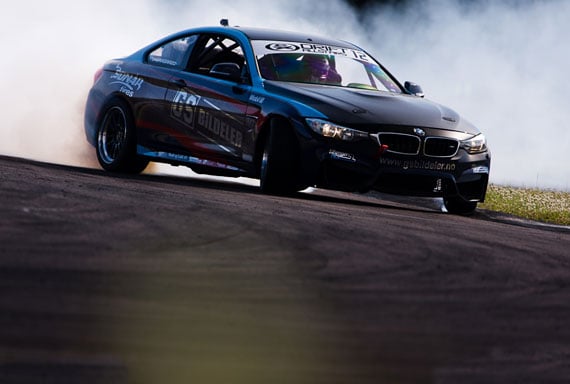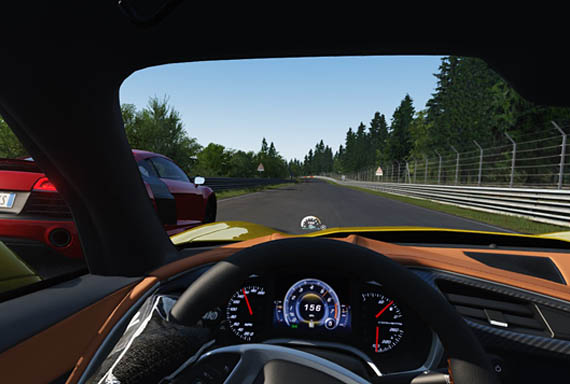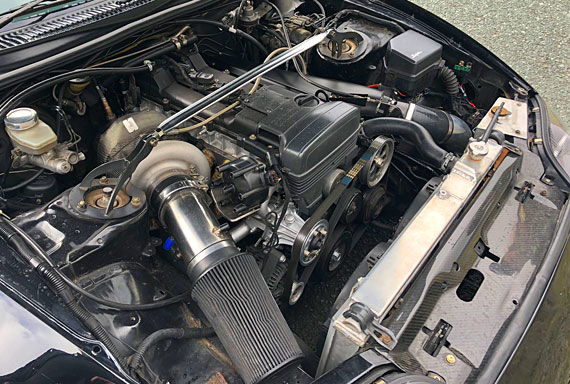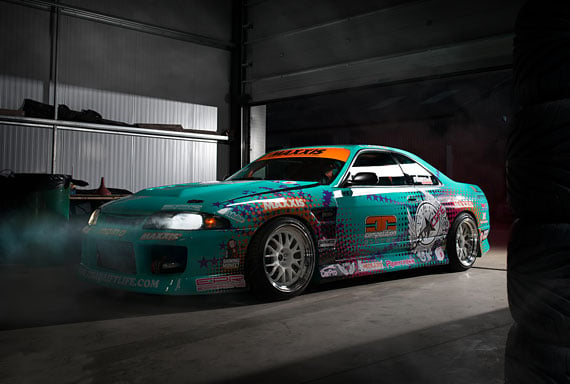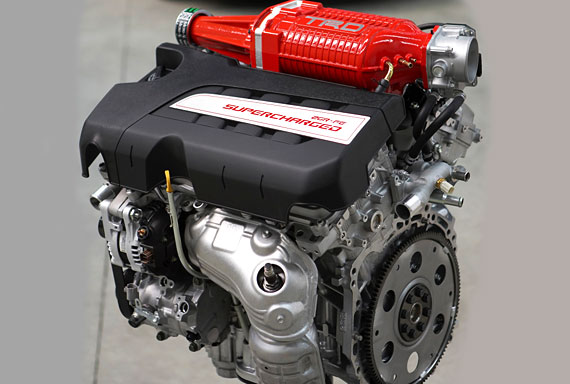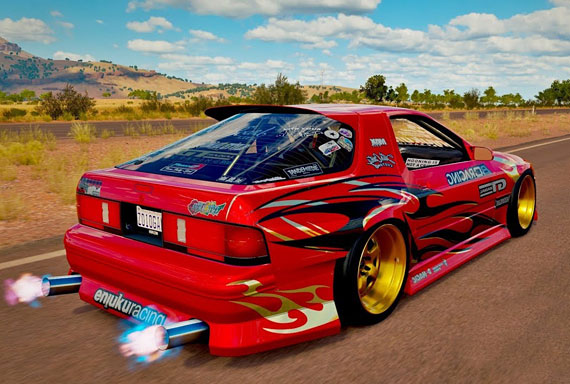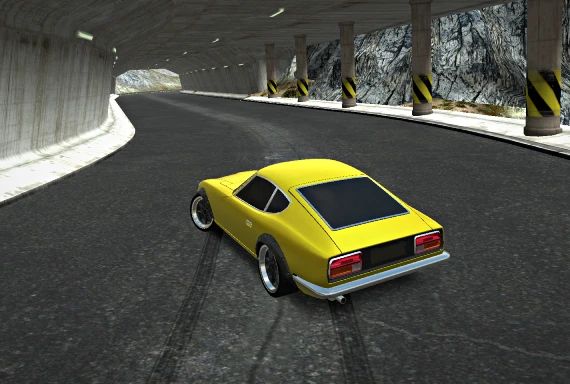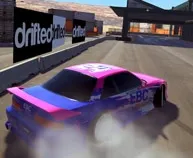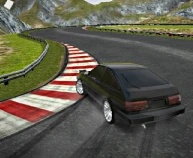How To Perform Paint Correction Like The Professionals
Is your paint looking a little dull? Looking to spruce it up? Then our paint correction guide was written just for you.
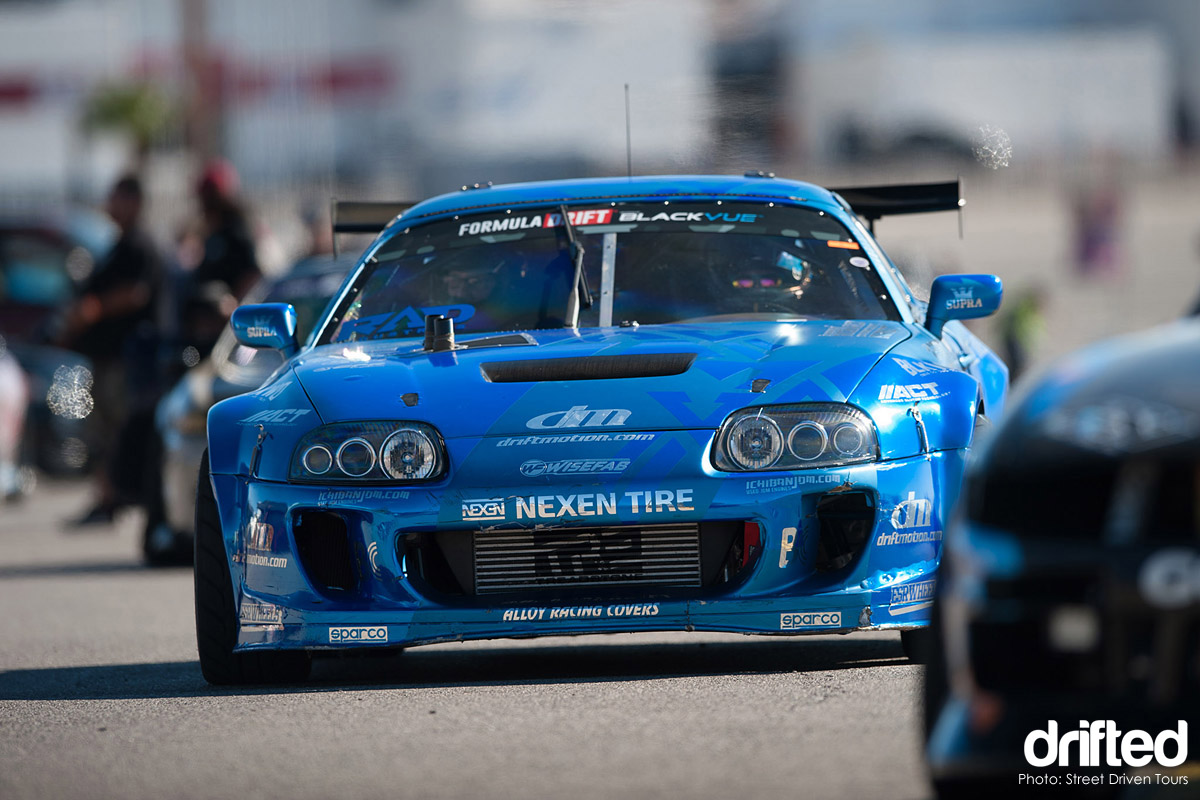
Paint correction is simply the process of removing all the imperfections from your cars painted surface and restoring it to a much better state even better than how it was when you first purchased it.
You read right, bringing back that nostalgic brand-new appeal, again.
Some of a vehicle’s imperfections include but are not limited to fine scratches, bird droppings (very acidic), spider webbing, swirl marks and holograms from poor car washing technique/equipment, water spots and so on.
It is, however, not unusual to find practicing car detailers filling fine scratches.
Filling scratches?
Yes, what this means is that your car scratches will remain hidden temporarily for some time, only to be revealed after several washing sessions of the car. So, more of a masking effect than a permanent fix.
The one true method which you can employ in removing scratches from your car’s paint for good is proper paint correction. Through this, once your paint is re-leveled, all your fears of noticeable scratches will be rectified and gone.
However, you must be very careful in the maintenance of your car as to avoid putting new scratches on the new paint after your correction. So, the idea here is to correct, protect and then maintain.
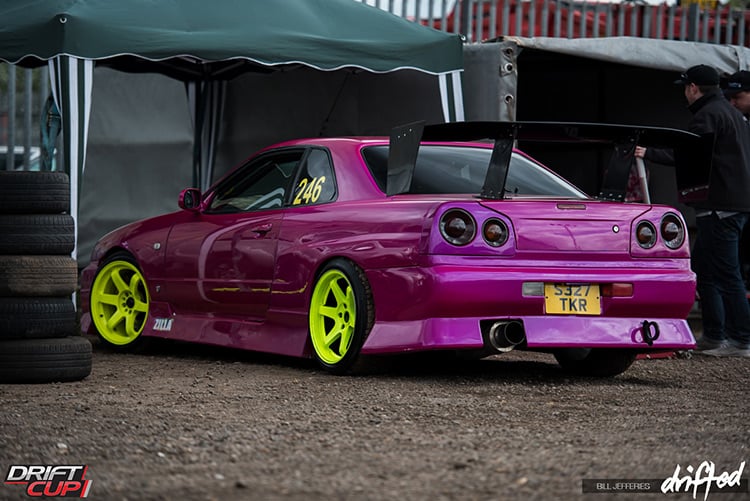
Below, with the help of Schmicko Mobile Car Detailing, we will dive into the nuts and bolts of restoring your cars paint to new from bonnet to bumper.
Steps Involved in Performing Paint Correction like A Pro
Paint correction is a multi-process and multilayered machine polishing process that requires expertise, attention to detail, patience, time, and experience.
To give your car a flawless and befitting finish, you need to make use of some special polishes and compounds. This will assist you in removing the fine scratches and swirl marks from your car.

What you need
- Pressure Washer or Trigger Nozzle Attached Hose
- pH Neutral Car Wash Shampoo
- Microfibre Wash Mitt
- Clean Microfibre Towels
- Large Microfibre Drying Towel
- Wax Remover
- Machine Polisher (DA)
- All In One Polish Compound
- Clay Bar
- Paint Protection – Wax
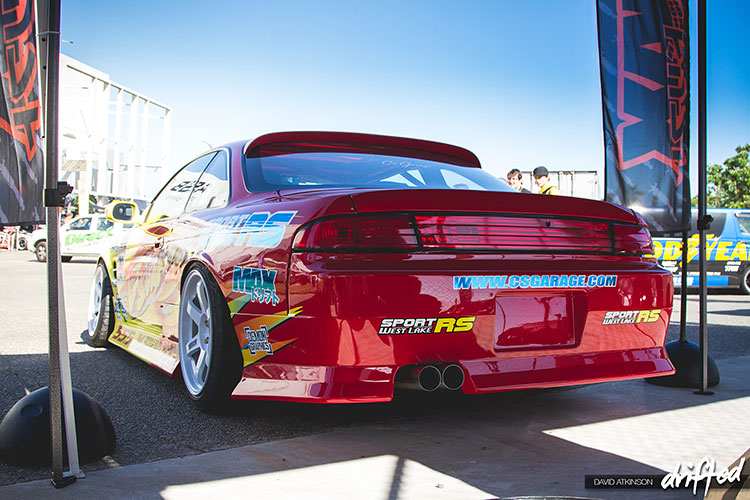
Step-by-step paint correction instructions
Usual steps to follow in performing paint correction:
1. Choose a shaded area
The first step to take in performing paint correction on your car is to choose the best area to correct. We define an ideal area as an enclosed garage or somewhere indoor that can offer a controlled environment.
Minimal wind, no scorching sun (very hard to correct under the sun and when the paint is very hot as the product can evaporate just like that) and with enough lighting to spot blemishes and areas requiring more attention.
2. Rinse the car with a pressure washer
We always recommend using a pressure washer over the garden hose as it is a lot more effective and water-saving (great for the environment). The aim here is to remove any noticeable contaminants on the surface, eg. Surface dust, dirt, sand, sticks, leaves and so on.
You can even go a step further and invest into a snow foam lance attachment for your pressure washer. This will then allow you to spray your car with a suitable snow foam formula, which acts as a “pre-wash” and lifts dirt from the surface without having to rub the paintwork.
If you don’t have a pressure washer, a garden hose attached with a trigger nozzle should suffice.
3. Use Ph neutral car wash shampoo with a microbe wash mitt
To get the right result in paint correction, you should not make use of any household cleaning agent such as hand soap, dishwashing detergent, or dish soap (which are very abrasive and aggressive, yes it will clean, but it will also degrade its condition much faster).
PH neutral car wash shampoo with a microbe wash mitt will serve you much better in washing the vehicle than your old fashion sponges. If you have a sponge, we highly suggest replacing it with the wash mitt as it promotes a lower chance of scratching and marring the paintwork due to cross contamination.
Dust and dirt tend to stick to sponges more easily than a microfibre mitt. No need to use a 2 in 1 wash and wax combination shampoo as many auto stores would sell. This is because, you are going to strip the wax off later before buffing the car, you need to remove that lubrication in order to prepare the paint.
4. Rinse
After washing the vehicle with Ph neutral car wash shampoo with a microbe wash mitt, make sure you rinse it thoroughly from the top with plenty of water. Use the pressure washer to complete this process.
If you couldn’t find a shaded area, we suggest washing and rinsing the car panel by panel as to avoid the shampoo from drying on to the paint.
5. Use a clay bar to decontaminate the paint
People usually have the misconception that once a vehicle is washed with car wash shampoo and water, it is clean. Yes, it may be clean in your eyes, but there are still some stubborn contaminants covering the surface, and it takes an extra step to remove. The removal of these stubborn contaminants is referred to as the clay bar step.’
A clay bar is a malleable manufactured resin compound; it is used to remove stubborn contaminants on a vehicle’s paintwork – also known as the paint decontamination step.
With the help of car wash shampoo for lubrication, you can use the clay bar in an up-down and left-right motion to further clean the paint. Simply knead the clay bar to a new clean side, each time it gets dirty.
6. Rinse and Dry
Once again, rinse the car to remove any remaining contaminants along with the lubricant, in this case car wash shampoo. You could use a detailer spray for lubrication, but you can save yourself the extra cost in simply using a car wash shampoo and water solution instead.
Throw away the old-school chamois and use a large microfibre drying towel to dry the car, works more safely and effectively.
7. Use a wax remover
Using a wax remover helps to remove any remaining coatings on the car such as car wax as it can affect how well the correction takes place afterwards with the polishing machine. Simply apply and wipe off with a microfibre towel.
8. Machine buffer to polish the surface
Use a machine buffer to polish the surface of the vehicle’s finish to boost the vehicle’s shine and also to prepare it for protection. Depending on your car’s condition, you can achieve better results with more passes and therefore more correction.
If you are just starting out and would like an efficient way of correcting your paint, then we always recommend using a medium foam pad attached to a DA polisher.
Also, best to use a DA polisher than a rotary, even though a rotary can correct faster, that is because it is more aggressive in the way it operates, but not as user-friendly. Worst case scenario is burning through your paint due to over exertion of heat and pressure from a rotary (a costly mistake).
Regarding the polish, an All-In-One (AIO) Polish may do the trick to correct, buff and shine at the same time.
If your car requires heavy correction, it would probably be best to hire a professional car detailer to restore this as it requires much more than just one pad and one solution to fix this.
9. Buff excess polish with microfiber towel
Use a clean Microfiber towel to buff off excess polish from the car’s paint and reveal the shine. The microfiber towel is majorly used by car detailers to accomplish paint correction task like the removal of wax from paintwork, cleaning glass, cleaning the interior, and drying.
The fine fibers of the towel leave no dust or lint, which makes it an excellent option for car care maintenance for both the car interior and exterior.
10. Use wax to protect the paintwork
After every correction has been made, the vehicle’s paint can then be protected from further contamination through the application of a wax. Waxes cover your vehicle’s finish with a protective layer that last about month depending on how frequent you drive and where you park.
It protects the vehicle’s finish even against harsh weather and makes cleaning the car easier.
On the other hand, if you are serious about keeping your looking its best for as long as possible, then you definitely need to consider ceramic coatings. Popular across the aviation, army and navy industry for producing excellent hard and durable protection dressings to coat their equipment, it has been introduced into the car care industry for the same exact reasons.
But that’s not it, thanks to its ceramic nanotechnology, it produces a shine and gloss like no other (even better than brand new), the ultimate combination of gloss and protection.
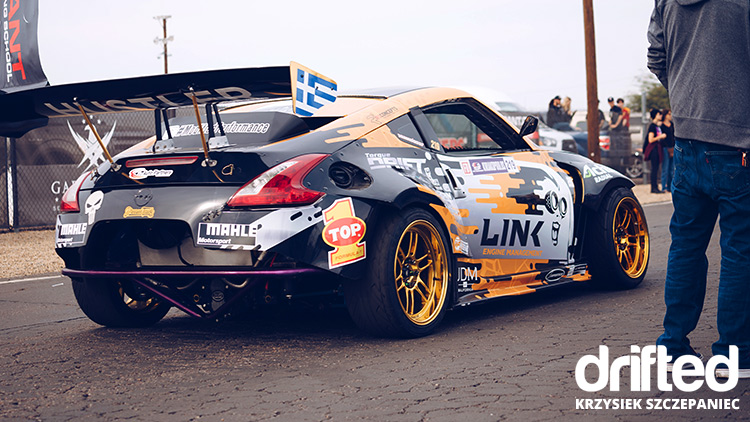
It is a super-popular coating you often see luxury high-end and exotic cars glistening with, but of course, you don’t need to have a luxury exotic car to enjoy the benefits of a ceramic paint protection.
Best of all, it lasts years meaning no need for waxing or polishing the car and offers a glass like coating for superior scratch and abrasion resistance. Should you decide to go down this pathway, we would suggest using a professional car detailer as it is very difficult to correct and remove if performed poorly.
So, there you have it. If you are looking to restore your pride and joy to a glistening new condition that will turn heads around on the street, then this is your guide to do just that.
Don’t let these minor imperfections ruin the look of your ride, with a bit of patience, elbow grease and persistence, you will get the results you deserve.



